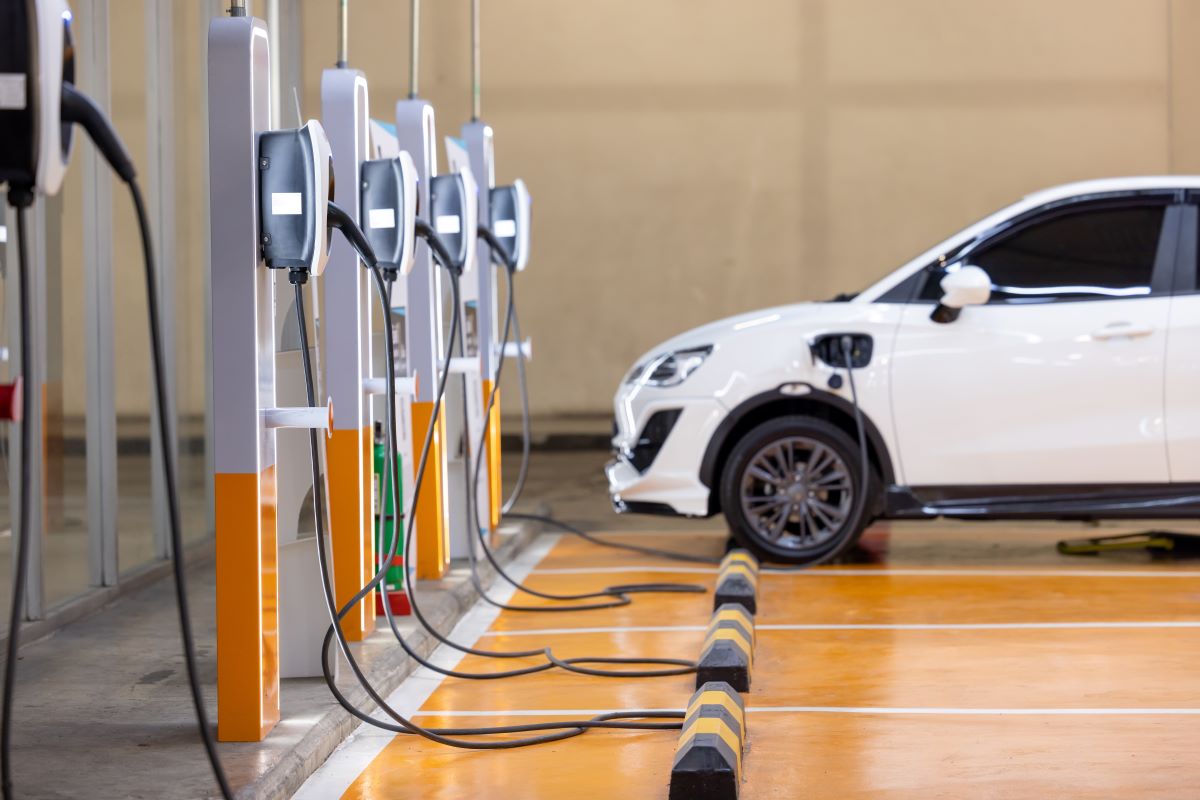Among the regions, Lombardy leads with 9,395 charging points. It is followed by Piedmont, Veneto, Lazio, and Emilia-Romagna.
In 2023, 13,906 new public charging points for electric cars were installed in Italy, bringing the cumulative figure to over 50 thousand.
As highlighted by the Motus-E association, which promotes electric mobility in Italy, our country has recorded a 38% growth in the charging network in the last year, with a significant increase in the installations of high-power charging stations.
The geographical distribution shows growth in the south and the islands, but northern Italy remains in the lead. In fact, Lombardy confirms itself as the first Region for charging points (9,395), ahead of Piedmont (5,169), Veneto (4,914), Lazio (4,659) and Emilia-Romagna (4,253).
Milan emerges among the leading cities in electric mobility in Italy, with 2,883 public charging points installed as of 31 December 2023, positioning itself immediately after Rome, which leads with 3,588 installations, and before Naples with 2,652. Milan also stands out for its charging density, boasting 183 points per 100 km².
A figure that places it as the second city after Naples (225 points per 100 km²) and well ahead of Rome (67 points per 100 km²). Although these data indicate growth in this market segment, it is important to underline that at a national level approximately 18% of the infrastructure already installed is unusable by end users, either because it has not so far been possible to create connection to the network by distributors of energy, or for other bureaucratic complexities.
Furthermore, although our country has overtaken France, Germany and the United Kingdom in the ratio between charging points and electric vehicles in circulation and in the ratio between charging points and the overall length of the road network, the market penetration of electric cars still remains modest, with a share of 4.2% in 2023 and a reduction in registrations of full-electric vehicles in January 2024.
To therefore accompany the sector towards constant and homogeneous growth, the race for charging stations must be accompanied by an expansion of the electric car market, which sees Italy still too far behind the other major European markets.
According to Motus-E, the announced revision of the Ecobonus, albeit with some structural limits that will weigh on the effectiveness of the measure – starting from the failure to align the price cap for electric cars eligible for incentives to that of plug-in hybrid cars, which will cut out a large number of models, limiting the positive effects of the incentive – it will be able to start bringing us closer to the countries with which we have to compete. It is therefore essential now to accelerate the implementation process to avoid a substantial freeze in new registrations.





